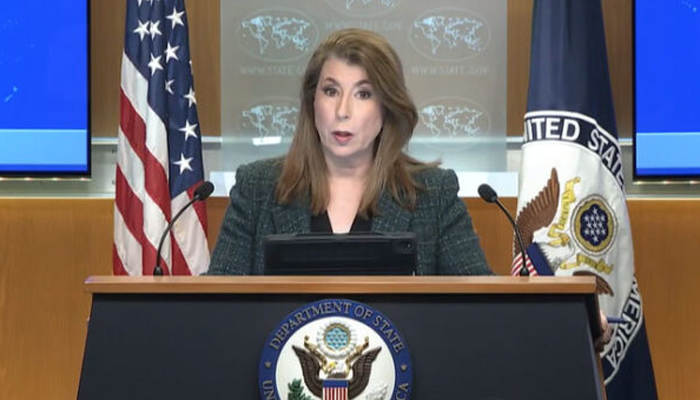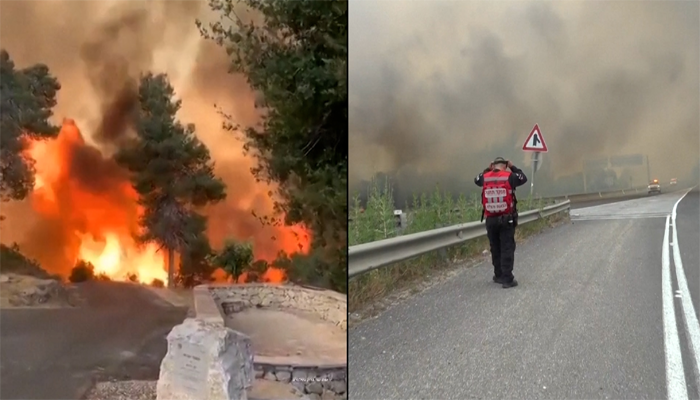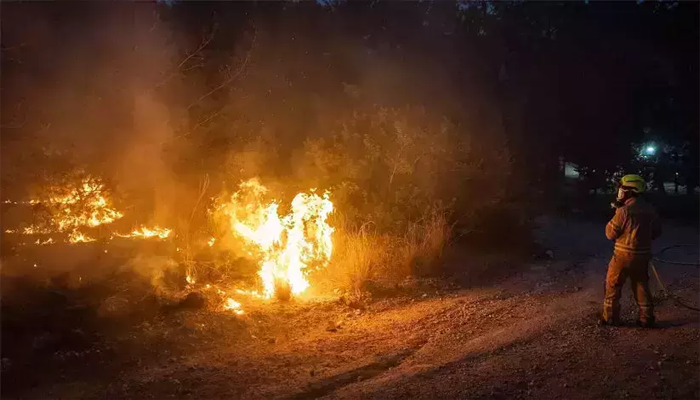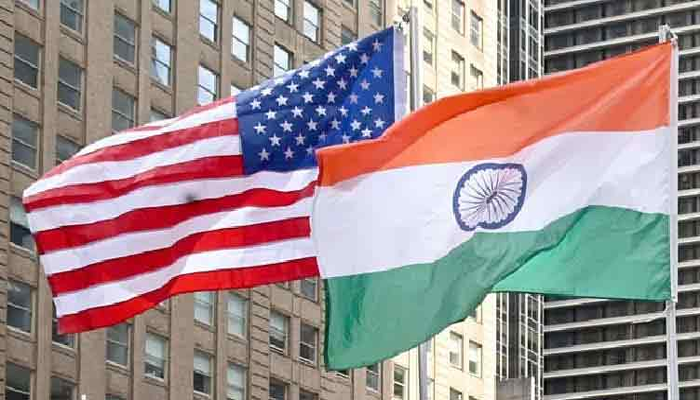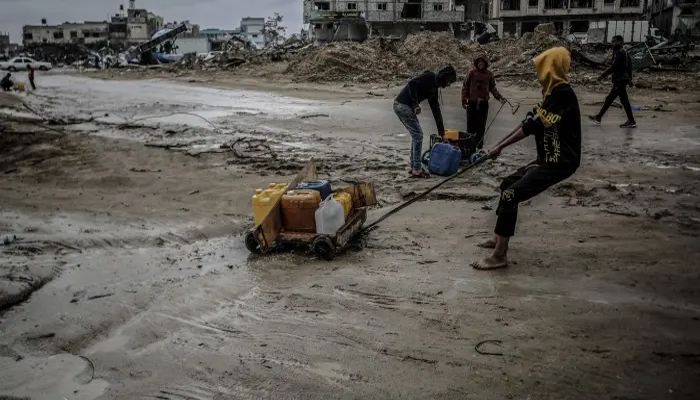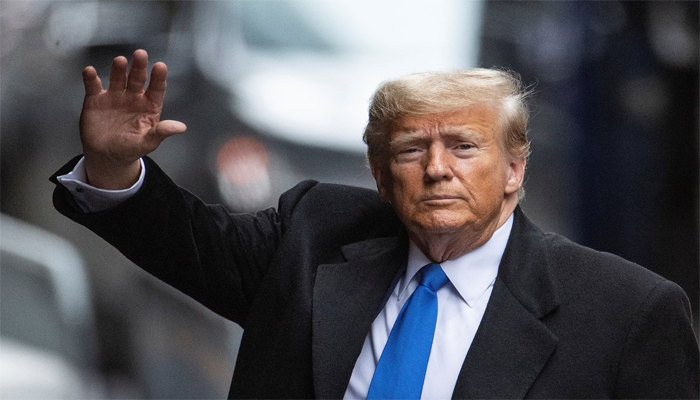WASHINGTON: The United States has called on India and Pakistan to pursue a “responsible solution” to ease rising tensions following the April 22 terrorist attack in Indian-occupied Kashmir, which killed 26 tourists. The two nuclear-armed neighbors have since exchanged sharp rhetoric, raising fears of regional instability.
Speaking at a daily press briefing, U.S. State Department spokesperson Tammy Bruce confirmed that Washington is in active contact with both governments. “This administration is in constant communication. We are asking for a responsible resolution from both parties,” she said.
Bruce emphasized that Secretary of State Marco Rubio recently held separate phone conversations with Pakistani Prime Minister Shehbaz Sharif and Indian External Affairs Minister S. Jaishankar. “He underscored the need to work toward long-term peace and regional stability,” she said.
The spokesperson noted that President Donald Trump had also spoken to Indian Prime Minister Narendra Modi and expressed strong support for India in the fight against terrorism. “As the President articulated to Prime Minister Modi last week, the United States stands firmly with India against terrorism. Prime Minister Modi has our full support,” Bruce added.
While expressing solidarity with India over the Pahalgam attack, the United States also encouraged both sides to avoid further escalation and engage in dialogue. “Secretary Rubio encouraged both countries to work toward a responsible solution that promotes enduring peace in South Asia,” Bruce stated.
Tensions have sharply escalated since the attack. India has accused Pakistan of involvement, a charge Islamabad strongly denies. Pakistan has called for an impartial international investigation to establish the facts.
In a sign of growing hostilities, both countries have shut down their airspace to each other. Additionally, India has unilaterally suspended the 1960 Indus Waters Treaty, a long-standing water-sharing agreement between the two nations.
As diplomatic channels remain active, the U.S. reiterated its commitment to supporting regional peace and urged both countries to prioritize dialogue over confrontation.

